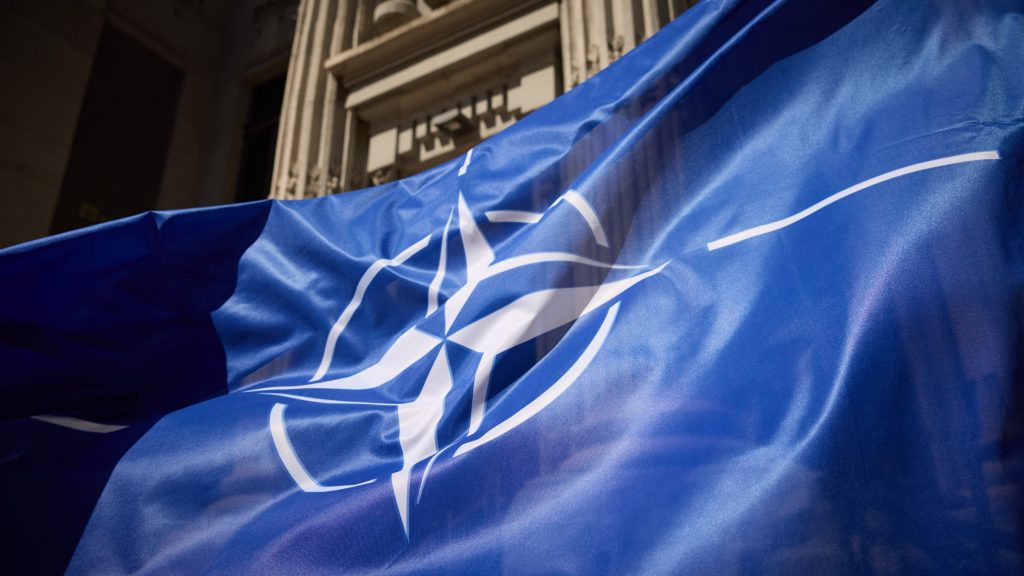Pete Hegseth Defends Trump’s Negotiation Strategy and Calls for Stronger European Commitment
Others are reading now
Military alliances are built on shared commitments, but tensions can arise when one side feels it is carrying an unequal burden.
As global security challenges evolve, questions about defense spending and strategic priorities become more pressing. The latest remarks from the U.S. Secretary of Defense highlight these growing divisions within NATO.
Hegseth: “Trump Won’t Let the U.S. Be Taken for a Fool”
Speaking after a NATO meeting on Thursday, U.S. Defense Secretary Pete Hegseth dismissed criticism of Washington’s strategy for negotiating an end to the Ukraine war.
He accused Europe of relying too heavily on the U.S. for security.
Also read
“Make no mistake, President Trump will not allow anyone to turn Uncle Sam into ‘Uncle Sucker,'” Hegseth stated, emphasizing that European nations must take primary responsibility for their own defense.
He also echoed Trump’s campaign rhetoric, calling for NATO to become “great again” through increased investment.
Hegseth argued that Trump’s tough stance has already led to increased European defense spending.
“Difficult conversations have resulted in more investment. European countries are now raising their defense budgets, and President Trump continues to sound the alarm,” he said.
Ukraine’s Future in NATO Remains Uncertain
The defense secretary appeared to soften his stance on Ukraine’s territorial ambitions and NATO membership.
Earlier statements suggested that Ukraine should not expect to regain its pre-2014 borders or join the alliance as part of a peace deal. However, Hegseth later clarified that all options remain open.
“These negotiations are led by President Trump. Everything is on the table, and it’s not my place as Secretary of Defense to define the limits of his discussions,” he said.
Europe Urged to Spend More on Defense
Hegseth also pushed back against calls for the U.S. to increase its defense spending to 5% of GDP, arguing that the current 3.4% allocation remains substantial.
However, he insisted that European allies must step up their commitments instead of pointing to America’s $900 billion defense budget as an excuse.
As reported by Digi24, the debate over NATO’s financial and strategic responsibilities is likely to intensify as the U.S. pressures Europe to take a larger role in its own security.


